Support for the Election Integrity Guidelines
A growing array of respected election practitioners, civil society organizations, and technology companies are expressing their support for the guidelines. Here are a few.Election Practitioners
Organizational endorsements and support
-
Australian Election Commission
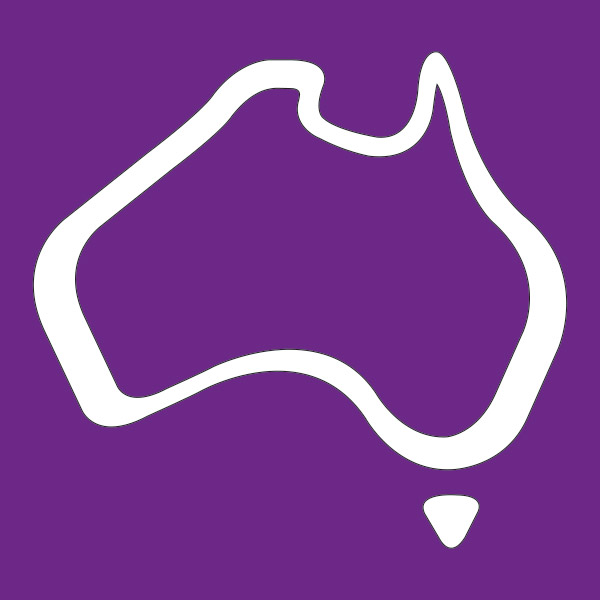
"Managing the information environment in which an election is being delivered is critical to preserving the integrity of electoral processes, the integrity and reputation of the Electoral Management Body (EMB), and citizen’s trust in electoral outcomes. Much of this information environment is on various social media channels. The Australian Electoral Commission has been proactively engaging with social media companies for over 5 years, with a view to having a shared and collaborative approach with social media companies in helping to manage this critical information environment. We have had some good success but these Guidelines will be very useful in help to drive consistent standards across various social media channels. This is something that would benefit all EMBs around the world."
-
The National Independent Election Commission (CENI) of Mauritania
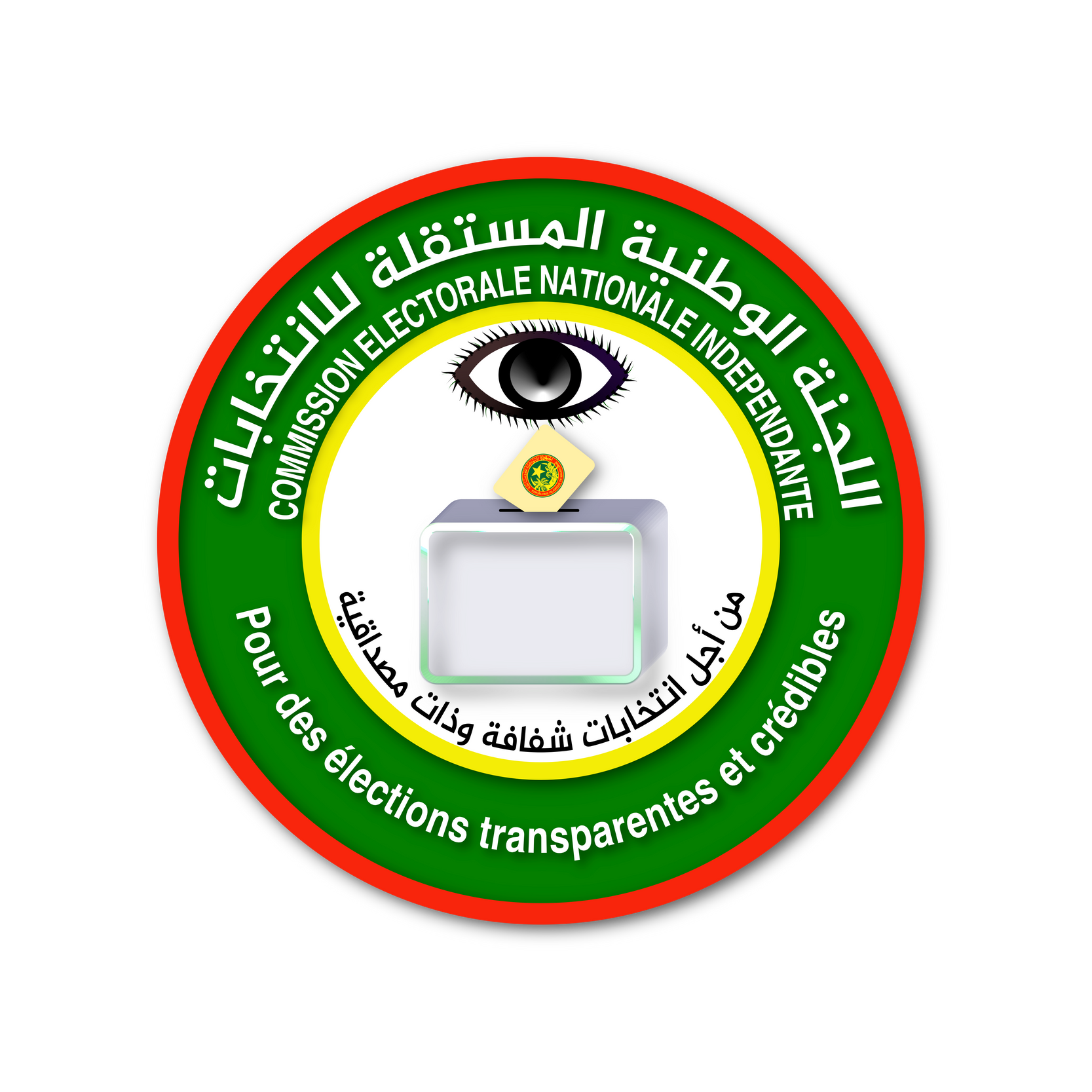
"The idea [of the Voluntary Guidelines for Electoral Integrity] is very good; the elections today are a source of disinformation and fake news. We have been confronted with this too and with the negative impacts."
-
Provisional Electoral Council (CEP) of Haiti
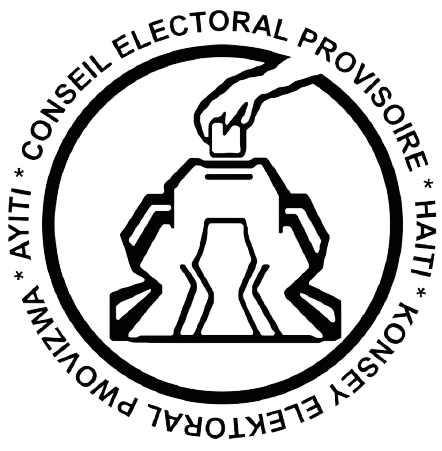
"Par la présente, je veux vous faire part que le Conseil Électoral Provisoire (CEP) est d’avis pour l’implication directe de l’IFES dans la définition des « Lignes directrices volontaires ».
The Provisional Electoral Council (CEP) supports IFES' direct involvement in the development of the Voluntary Guidelines." -
The Philippines Commission on Elections (COMELEC)
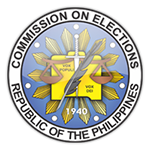
"Today, as world leaders gather in the Democracy Summit in South Korea, the Commission on Elections takes this opportunity to formally endorse the Voluntary Election Integrity Guidelines for Technology Companies, which outlines the commitment of election stakeholders, most specially the technology companies, to ensure election integrity, improve the quality of election-related information disseminated and made available to voters, and implement best practices to combat widespread misinformation, disinformation, and mal-information.
The Commission on Elections is committed in harmonizing our policies and plans of action, particularly under our Digital Transformation Program and our Task Force Kontra (Against) Fake News, with these set of guidelines, to reflect our meaningful involvement in attaining the shared global vision of sustaining democracy and advancing electoral integrity, while maximizing the power of digitalization and technology in our election systems." -
Electoral Institute of Mexico City (IECM)

-
Electoral and Citizens Participation Institute of the State of Chiapas, Mexico (IEPC)
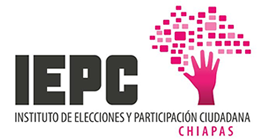
-
Central Elections Board of the Dominican Republic (JCE)

-
Organization of American States
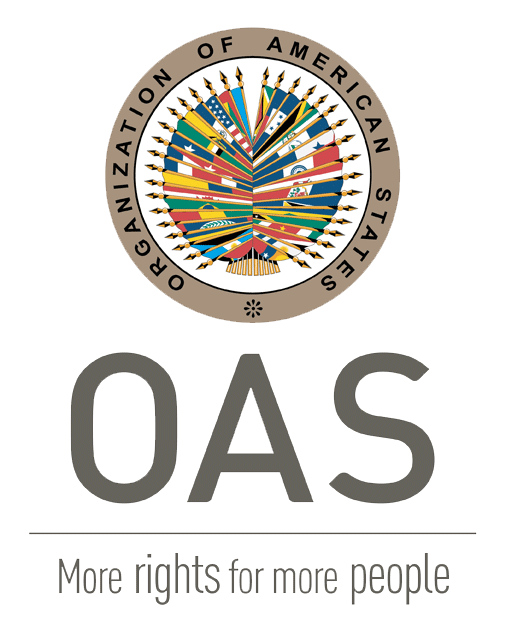
"The General Secretariat of the Organization of American States (OAS) welcomes the launch of the Voluntary Election Integrity Guidelines for Technology Companies presented today by The International Foundation for Electoral Systems (IFES) which are the product of an effort between technology companies, electoral authorities, electoral experts and civil society organizations, which included the OAS General Secretariat.
The 11 guidelines seek to establish clear policies and processes to share information around elections and ensuring that voters have access to high-quality information, improve communication channels and collaboration between technology companies and electoral authorities, where applicable, and reduce barriers to supporting election integrity for smaller and newer businesses.
Recalling that in 2024 at least 12 electoral processes will be held in the Americas, the OAS Secretary General, Luis Almagro, highlighted that the guidelines are “a step in the right direction and a starting point for the collaboration that must exist between governments, electoral authorities, civil society, academia and technology companies to promote electoral integrity, respond to current challenges and preserve freedom of expression and information and the political rights of citizens.”" -
Permanent Electoral Authority (PEA) Romania
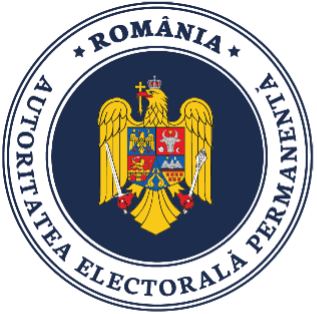
"Protecting election integrity is an essential part of our constitutional mission as electoral administration. Access to accurate and reliable information lies at the foundation of informed choices. By promoting new ways to protect voters from disinformation spread throughout online platforms and completing recent recommendations given by the European Commission on inclusive and resilient electoral processes, the present Guidelines mark a step forward towards strengthening trustworthy communication during elections."
-
MSc. Dora Esmeralda Martínez de Barahona
Magistrate President, Supreme Elections Tribunal of El Salvador (TSE).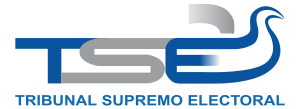
"I want to express our sincere interest and full support to the Voluntary Election Integrity Guidelines for Technology Companies. We deeply value this IFES initiative which promotes electoral integrity by enhancing cooperation among digital platforms and Elections Management Bodies around the world. In El Salvador we recognize the need to establish international standards that guarantee integrity and safety of our electoral processes, as we believe that an active participation by technology companies around this joint effort, is key to achieve a more robust and more threats resistant electoral system."
Expert expressions of support
-
Dr. Emad Al-Sayah
Chairperson of the High National Election Commission of Libya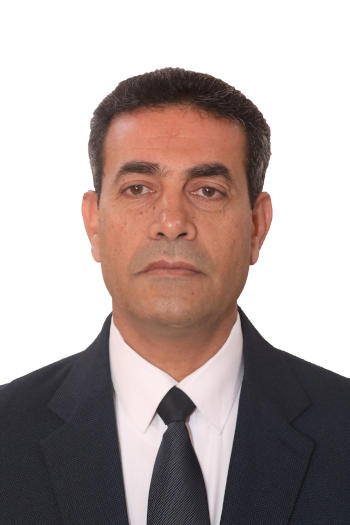
"We support principles that include everyone and open the horizon towards promoting more inclusive democracy and human rights, starting from the partners’ understanding of their needs, responsibilities, and interests, and establishing a professional relationship based on trust, transparency and credibility. As technology has a growing impact on election integrity, we welcome efforts to collaborate further."
-
Hasyim Asy'ari
Chairman of the General Election Commission of the Republic of Indonesia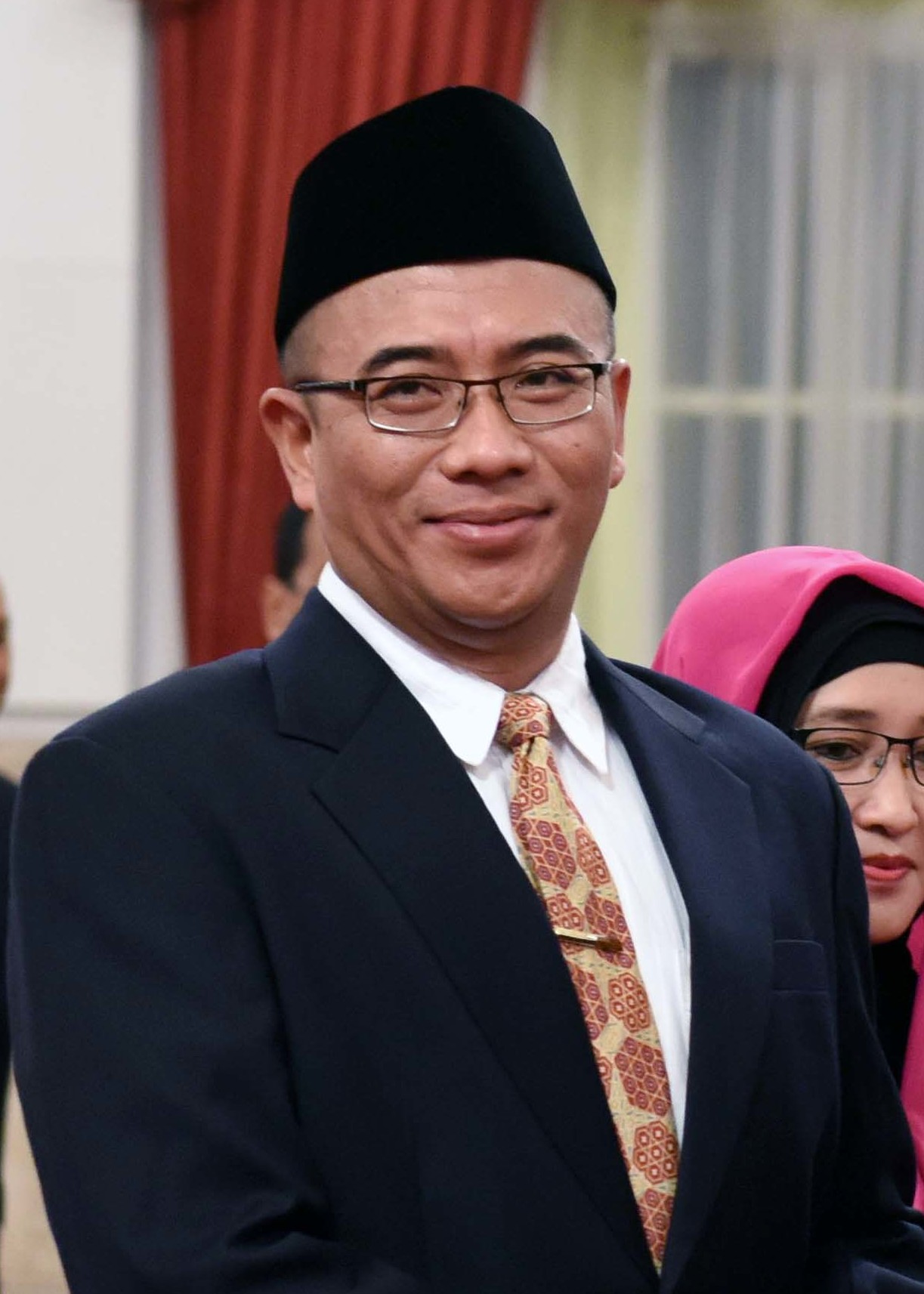
"I support the Voluntary Election Integrity Guidelines developed by IFES. These guidelines are important, especially for technology developers related to the implementation of elections, in order to maintain the integrity of the election process, including those used in Indonesia."
-
Oleh Didenko
Chair of the Central Election Commission of Ukraine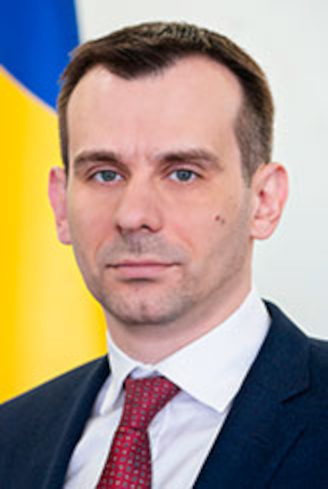
"Voluntary guidelines are essential and come at a critical time due to rapid technological advancements and the extensive use of modern technologies in current elections. It's vital that all tech platforms, as large as META and Google and smaller ones, commit to collaboration with electoral bodies and civil society to fight disinformation and uphold electoral integrity. This is particularly crucial for Ukraine, as direct communication can greatly mitigate the effects of harmful content in our first post-war elections and help prevent the spread of disinformation."
-
Luie Guia
Former Commissioner of the Commission on Elections of the Philippines and Co-Founding Trustee of the Democratic Insights Group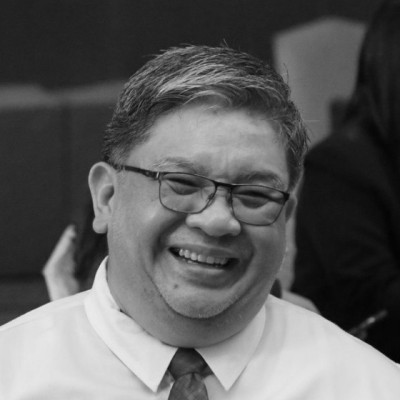
"As a former Commissioner of the Commission on Elections (Comelec) in the Philippines, I am fully supportive of the ongoing collaboration between IFES and social media platforms to establish voluntary guidelines that aim to curb the spread of disinformation and hate speech during electoral periods. This endeavor is crucial for protecting the sanctity of our electoral processes and ensuring that voters are informed through credible and respectful discourse. I am optimistic that these guidelines will significantly contribute to the promotion of a healthy, democratic environment, where the true will of the people prevails."
-
Irena Hadžiabdić
President, Bosnia and Herzegovina Central Election Commission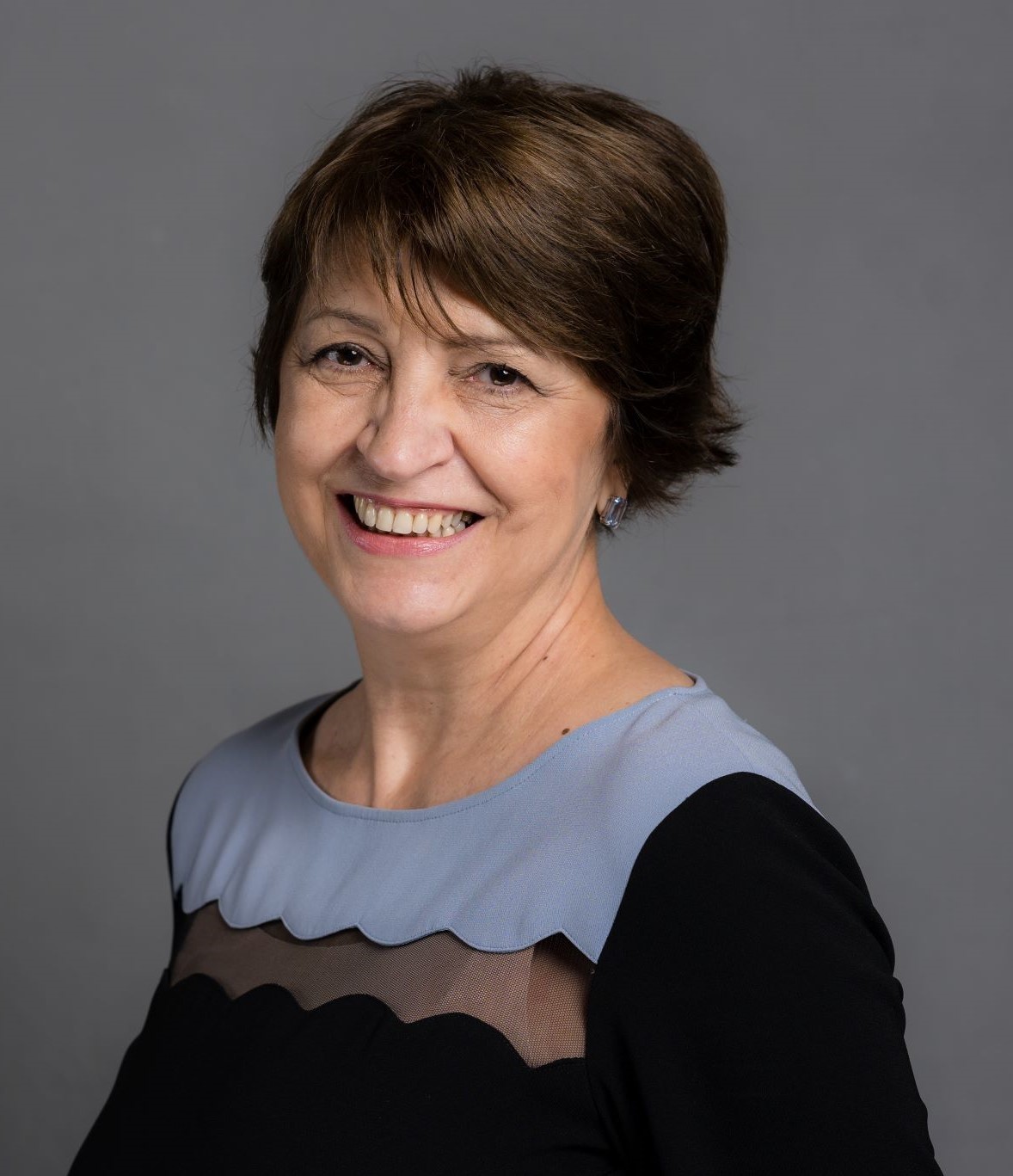
"We are election officials, not technologists. As new threats continue to emerge, we are drowning in disinformation, online harm, and calls for violence. Strong collaboration and communication between election officials and technology companies will give us the help we need to make sure our elections are free, fair, and secure."
-
Professor Attahiru Jega
Former Chairman of the Independent National Electoral Commission of Nigeria (INEC)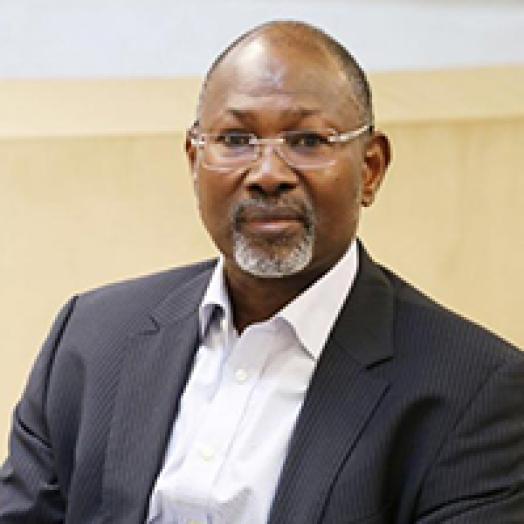
"As the former Chairman of the Independent National Electoral Commission of Nigeria (INEC), I strongly endorse the partnership between IFES and technologies companies in their efforts to draft voluntary guidelines for enhancing the collaboration and coordination between technology companies and election authorities.
The influential and transformative impact of technology in elections is one that can no longer be avoided or underestimated. Strengthening the way election management bodies work and coordinate with technology companies can hopefully improve the transparency and integrity of electoral processes." -
Ahmed Issack Hassan
Former Chairman of the Independent Electoral and Boundaries Commission of Kenya and former International Commissioner of the Independent Election Commission of Afghanistan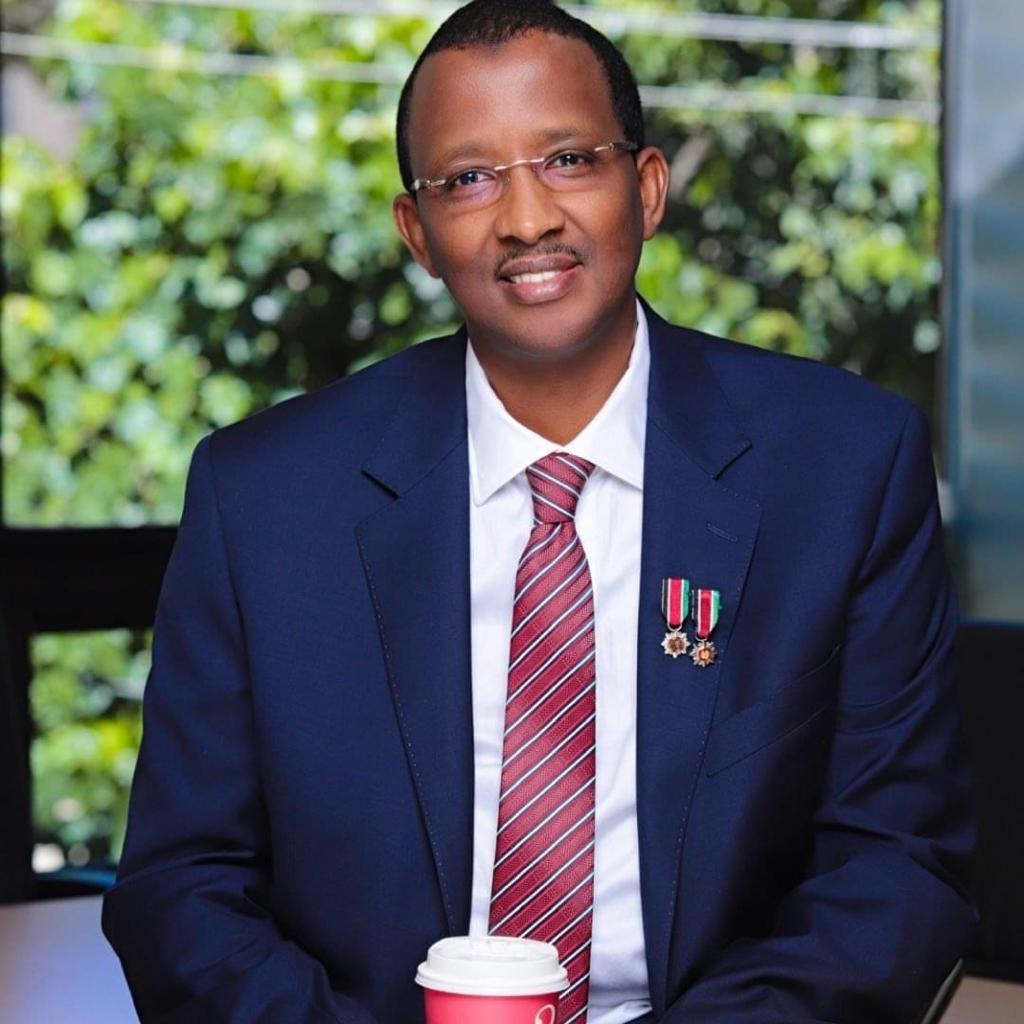
"As the former Chairman of the Independent Electoral and Boundaries Commission (IEBC) in Kenya, I enthusiastically endorse the partnership between IFES and social media platforms in their efforts to draft voluntary guidelines to combat the proliferation of disinformation and hate speech during elections. This initiative is a cornerstone in the journey towards preserving the integrity and transparency of our electoral systems. I am confident that these guidelines will play a significant role in fostering a positive online environment, enabling voters to make informed decisions and thereby strengthening the fabric of our democracy."
-
Anna Nyqvist
Chief Executive of the Swedish Electoral Authority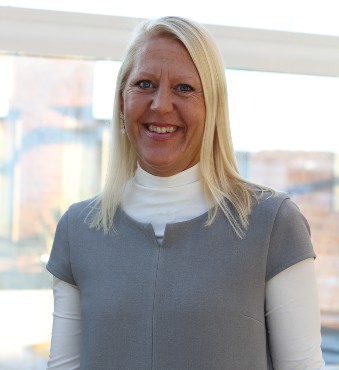
"The cooperation with social media platforms has been very important for the Swedish Election Authority. For us they can deliver a channel to communicate with the voters about how, when and where the election is conducted which helps us reach all voters. We can also help companies fact check election details. Therefore, we support these guidelines and believe that they can be an important tool in many countries to begin building cooperation between the election management body and a digital media company. We believe that cooperation between election authorities and companies is necessary to fight the disinformation that exists around elections and thus protect our democracy and our free and fair elections."
-
H.E. Mr. Mohammad Irfan Abdool Rahman
Electoral Commissioner of Mauritius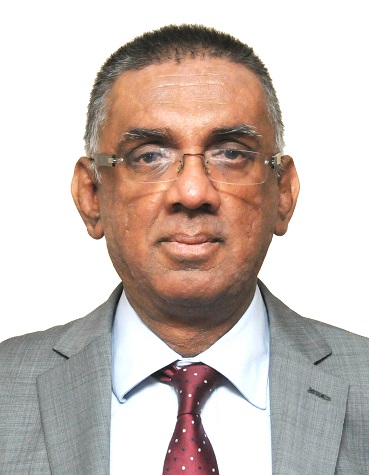
"Every challenge we face in managing elections is made more difficult by the ways bad actors exploit technological change and advancements. Strengthening the way we work and coordinate with technology companies will improve the integrity of elections, especially in smaller countries like Mauritius."
-
Saman Sri Ratnayake
Commissioner General of Elections of the Election Commission of Sri Lanka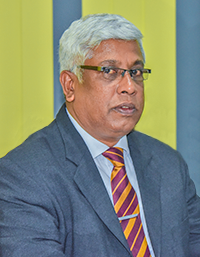
"Protecting people's right to information and combating misinformation, disinformation, and harmful content are essential. The importance of good use of technology in this context is significant. Hence there is a need for a formal set of guidelines with the consensus of all stakeholders to prevent the activities of technology-related groups from negatively impacting critical areas such as democracy, human rights, and citizen safety. Therefore, I express my deepest gratitude for the effort put into creating such a general guide."
-
Ivilina Aleksieva Robinson
Former Chairperson of the Central Election Commission of Bulgaria and former International Commissioner of the Independent Electoral Commission of Afghanistan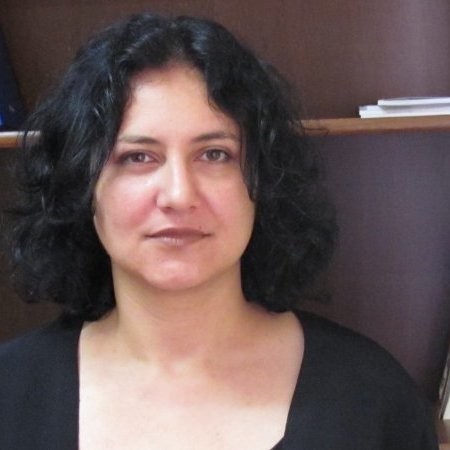
"As the former Chairperson of the Central Election Commission of Bulgaria, I express my strong support for the initiative undertaken by IFES and social media companies to create voluntary guidelines aimed at combating disinformation and hate speech in the context of elections. This collaborative effort is essential in upholding the integrity of our electoral processes, ensuring that they are conducted in a fair and transparent manner. I am optimistic that the implementation of these guidelines will significantly enhance the quality of information available to voters, thereby reinforcing the foundations of democracy in Bulgaria and beyond."
Civil Society
-
Michael Abramowitz
President of Freedom House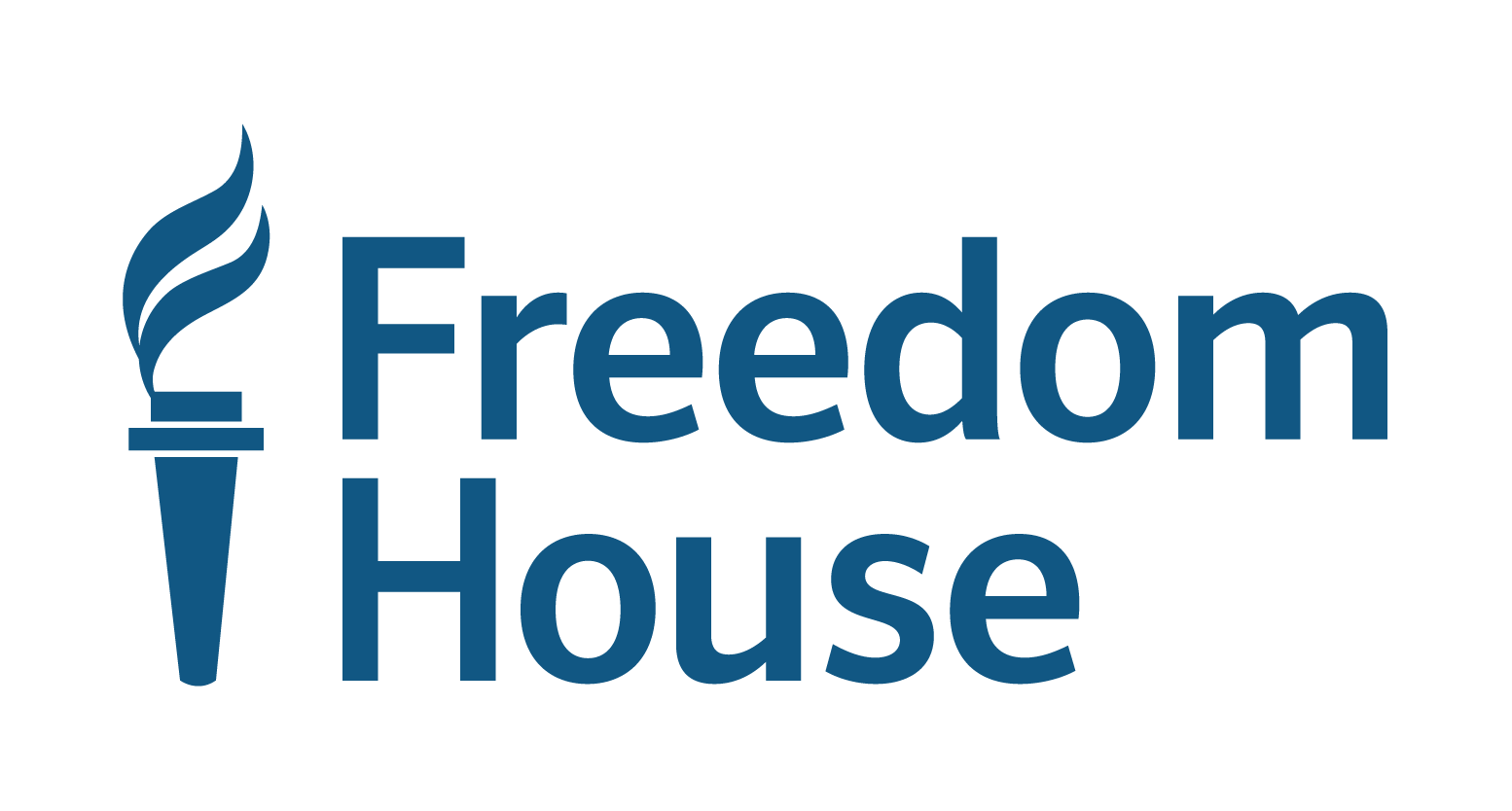
"Widespread problems with elections, including violence and manipulation, have driven the 18th consecutive year of decline in global freedom. As billions of people head to the polls this year, the Voluntary Election Integrity Guidelines identify practical steps for how tech companies can help strengthen election integrity and play a role in reversing this trend."
-
Graham Brookie
Atlantic Council Vice President for Tech Programs and Founding Director of the Digital Forensic Research Lab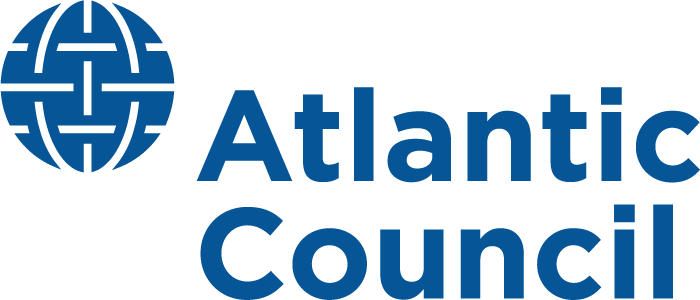
"The democratic process — and the public discourse it depends on — increasingly happens in online spaces. The IFES guidelines — and the multi-stakeholder process that built them — are essential standards. Around the world, each democracy is designedly different and new digital platforms become a part of a global information environment every day. Our team at the Atlantic Council’s Digital Forensic Research Lab (DFRLab) has worked with a combination of election authorities, online platforms, and civil society groups in over countries across five continents since 2018. One thing has been apparent throughout — common standards for digital platforms facilitating democratic processes are needed. These guidelines respect those differences and create a framework for common action."
-
Dr. David Carroll
Director of the Democracy Program at The Carter Center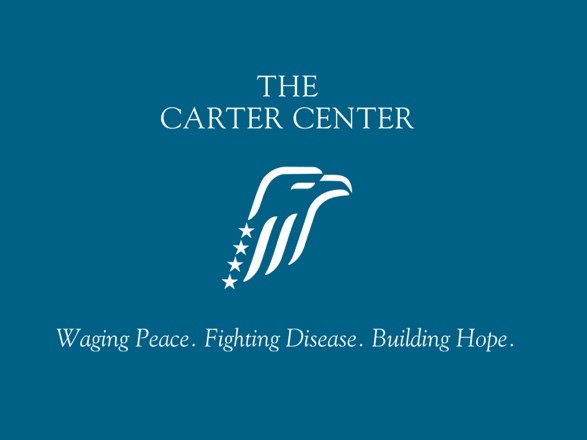
"These guidelines are an important step forward in the fight against disinformation and help to enhance transparency and fairness in democratic processes. It’s critical for election integrity advocates to work together and find ways to turn digital challenges into democratic strengths."
-
Heather Conley
President of the German Marshall Fund of the United States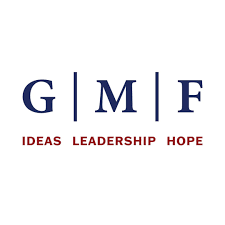
"These guidelines are an important first step, particularly recognizing the importance of civil society organizations as active participants. Going forward, we will need even more concrete, robust, and enforceable commitments as threats to democratic practice outpace efforts to defend it. More data access and sharing for research, more transparency, and more rapid policy responses to evolving technology will be critical. This is the work that animates GMF everyday as we help build and defend democracy around the world."
-
D.M Dissanayake
Co-Convener of the Coalition for Democratic and Inclusive Elections (CODIE)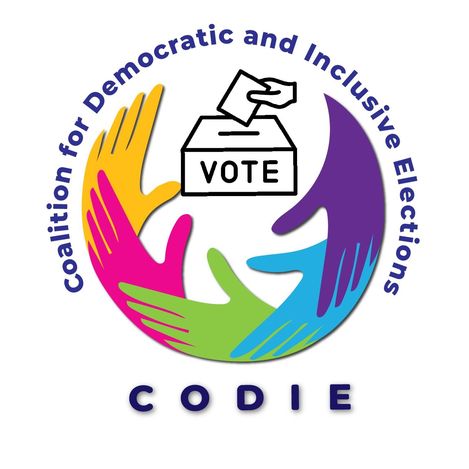
"Undoubtedly, technology is a pivotal factor in today's elections. The initiation of Voluntary Election Integrity Guidelines for Technology Companies is a commendable step forward in safeguarding the integrity of elections within modern democracies. This initiative underscores the dedication of technology partners to ethical standards, ensuring the delivery of accurate and high-quality information. This commitment empowers constituents to make well-informed decisions. A noteworthy aspect of these guidelines lies in the collaborations fostered between Election Management Authorities and various types of tech companies. Such partnerships are instrumental in fortifying the integrity of information, thereby contributing significantly to the enhancement of the electoral process."
-
Kat Duffy
Senior Fellow for Digital and Cyberspace Policy, Council on Foreign Relations
"This initiative reflects a long history of voluntary principles developed through multistakeholder processes and adopted by technology companies, in order to further rights-respecting innovation and fortify democratic norms. By extending this tradition specifically to engagement with electoral authorities, these guidelines fill a critical gap at a crucial moment for electoral integrity and democracy around the globe. Through their implementation, we will all learn - and progress."
-
Alberto Fernández Gibaja
Head of Programme, Digitalization and Democracy, International IDEA
"Today, protecting elections and democracy means safeguarding them from digital threats. It is crucial for technology companies to collaborate with the broader community dedicated to election protection, to heed their insights, and to implement their recommendations. It is particularly important to engage with, support, and coordinate efforts with independent Electoral Management Bodies. This ensures that our collective efforts to safeguard elections and democracy are more effective than individual actions. Commitments outlined in these guidelines represent the right approach."
-
Gerardo de Icaza
Director of the Department of Electoral Cooperation and Observation at the Organization of American States (OAS)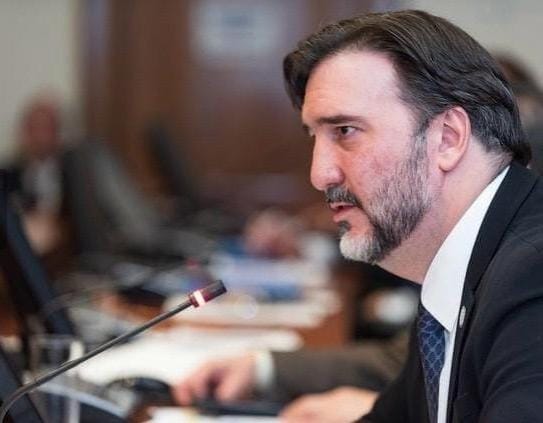
"The points of intersection between technology and elections have increased immensely in the past 20 years and will continue to do so in the years to come. From the way candidates campaign, and voters get their information, to how electoral management bodies develop solutions to organize better elections, technology has become fundamental in every election across the globe. Tech companies that adhere to these voluntary guidelines will be sending a strong message that they are on the side of democracy."
-
Heloisa Massaro
Director of Research and Operations at InternetLab
"Ensuring electoral integrity requires efforts and dialogue among diverse stakeholders. As technology companies become more and more key to our communication ecosystem, these guidelines are extremely important as they connect electoral structures with digital rights, providing a baseline for the private sector practices and fostering avenues for collaboration with electoral authorities, civil society and experts."
-
Dr. Rajiv J. Shah
President of The Rockefeller Foundation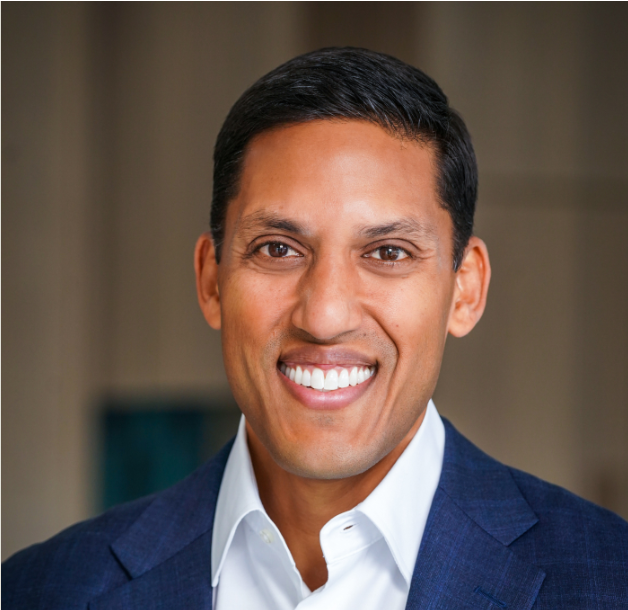
"As billions of people go to the polls this year, it is more important than ever to protect voting rights and processes so everyone who wants to vote can be counted. The Rockefeller Foundation is proud to have hosted a convening and supported this work which can help support democracy, especially where it is developing or vulnerable, at a time when it’s under threat in many ways."
-
Mr. Ganesh Singh
Guyana Council of Organizations for Persons with Disabilities (GCOPD)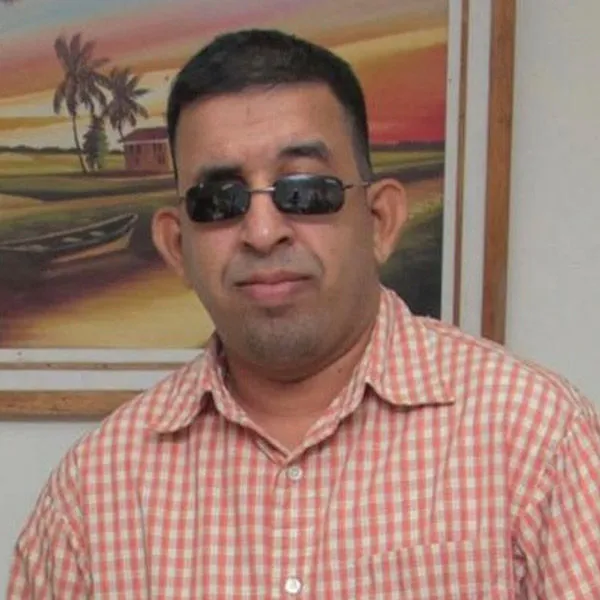
"These guidelines for technology companies are important when it comes for combatting mis and disinformation as it is going to help provide consistency and accountability across platforms. Persons with disabilities, especially those with low literacy, are particularly vulnerable to mis and disinformation campaigns - if there is not an approach that tackles this systematically, people with disabilities will simply not have the access to the accurate information they need to participate fully in elections."
-
Chandanie Watawala
Executive Director of the Asian Network for Free Elections (ANFREL)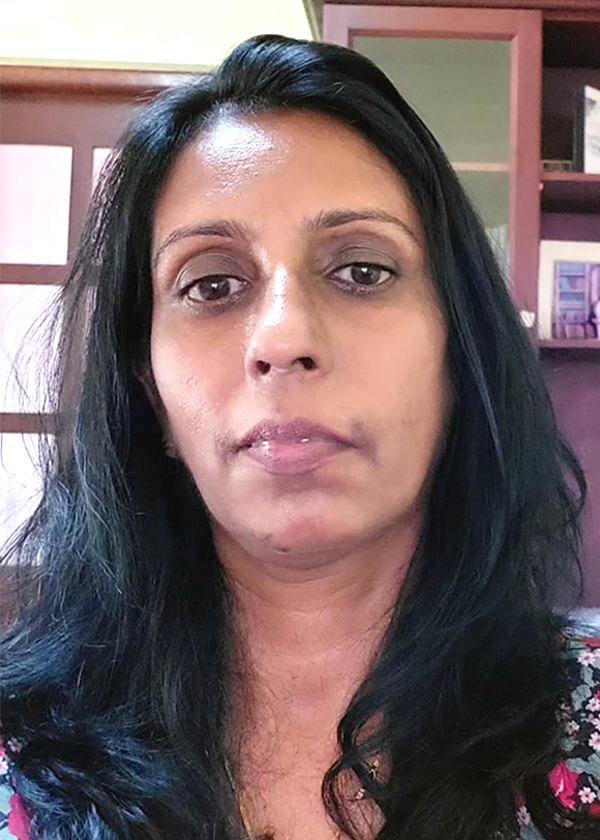
"I fully support the draft, which is important for securing electoral integrity and overcoming challenges from IT innovations."
Technology Companies
-
Dave Vorhaus
Director of Global Elections Integrity for Google
"Google is committed to supporting elections integrity around the world by ensuring citizens have access to high quality authoritative information, helping election authorities and others operate securely, and preventing the spread of harmful content. This is a shared mission that requires strong partnerships between election officials and technology companies. These guidelines are an important step in furthering that mission, and we are proud to support them."
-
Nick Clegg
President of Global Affairs, Meta
"With so many crucial elections taking place this year and technologies evolving fast, our industry needs to work together to support election integrity. Meta has developed a comprehensive approach to protecting elections across our platforms over several years, but every cycle brings new challenges. These guidelines build on the work we've been doing and provide shared practices that will benefit both Meta and our peers."
-
Ginny Badanes, General Manager, Microsoft Democracy Forward
General Manager, Microsoft Democracy Forward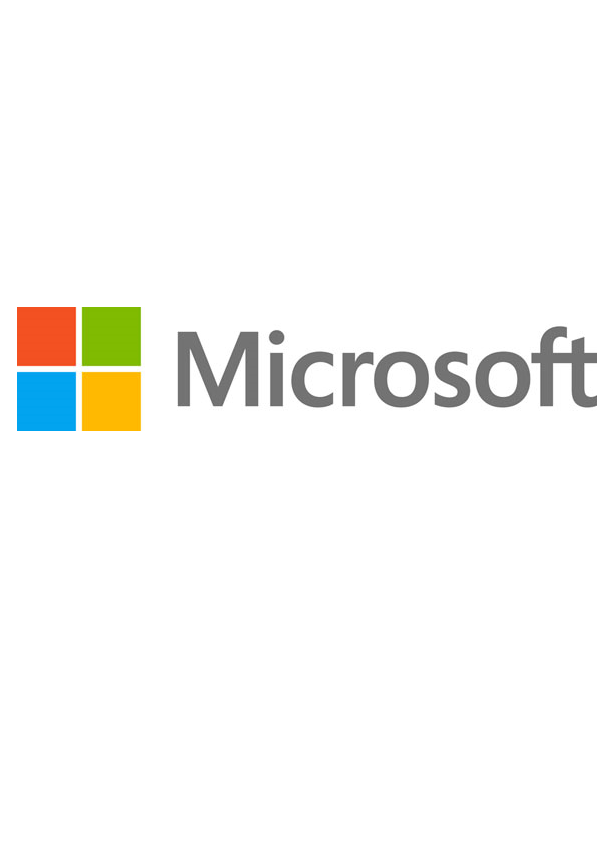
"In an election year pivotal for democracy, Microsoft is committed to empowering global electoral processes. Our collaboration with IFES and adoption of the Election Integrity Guidelines underscore our dedication to the integrity and inclusivity of elections, ensuring every vote counts. We’re eager to facilitate the expansion of this initiative, inviting more organizations to join this essential endeavor."
-
Kip Wainscott
Head of Platform Policy, Snap Inc.
"We are glad to have helped shape these guidelines, which are consistent with our longstanding approach to preventing the spread of misinformation, providing transparency in political advertising, and encouraging civic engagement. Snapchat was designed differently than traditional social media platforms, which allows us to moderate content before it can be recommended for broad distribution and use human review on every political ad. The tech sector should be a critical partner in upholding the integrity of our elections and we encourage companies to adopt these important commitments."
-
Foard Copeland
Global Policy Lead for Elections & Civic Integrity, TikTok
"We're proud to endorse these principles, which reflect our extensive investment in maintaining election integrity through our robust policies, educational campaigns, and partnerships with experts. In such a historic election year, it's critical for our industry to collaborate with election authorities to protect against threats to civic processes."
 Elections and Tech
Elections and Tech